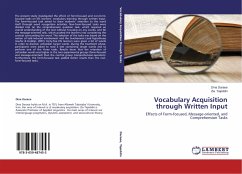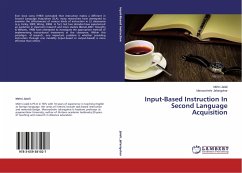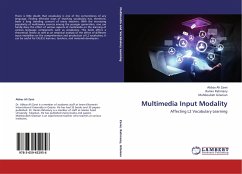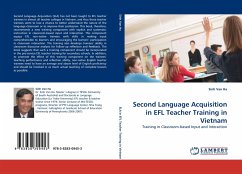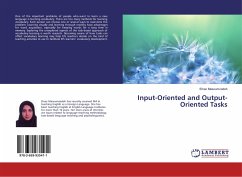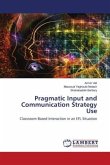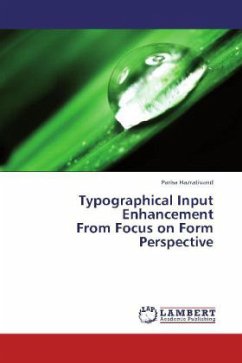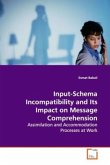The present study investigated the effect of form-focused and non-form-focused tasks on EFL learners' vocabulary learning through written input. The form-focused task aimed to draw students' attention to the word itself through word recognition activities. Non-form-focused tasks were divided into (a) the comprehension question task, which required an overall understanding of the text without focusing on any words; and (b) the message-oriented task, which pushed the learners into considering the context surrounding the word. The selection of the tasks was based on the notion of task-induced involvement and the Involvement Load Hypotheses (Laufer & Hulstijn, 2001). Forty-five EFL learners were given a list of words in order to discover unfamiliar target words. During the treatment phase, participants were asked to read a text containing target words and to perform one of the three tasks. Results show that the retention of unfamiliar words was higher in the two experimental groups (form-focused and message-oriented) than the control group (comprehension-question). Furthermore, the form-focused task yielded better results than the non-form-focused tasks.
Bitte wählen Sie Ihr Anliegen aus.
Rechnungen
Retourenschein anfordern
Bestellstatus
Storno

